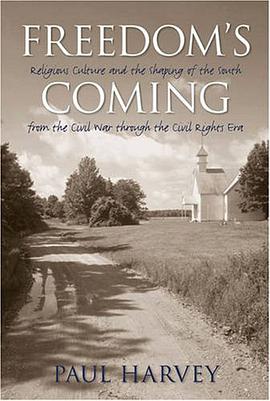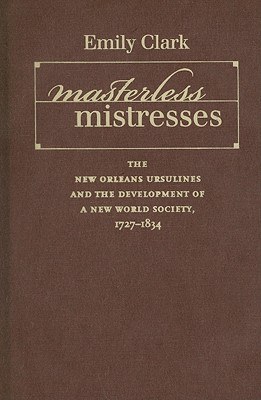

具体描述
John Randolph's intelligently conceived, convincingly argued, and beautifully crafted book invites its readers to reconsider a subject that has been covered by renowned scholars such as Isaiah Berlin, E. H. Carr, Martin Malia, Aileen Kelly, and Lydia Ginzburg (to name just a few) and, more recently, by the playwright Tom Stoppard. What more can we learn about Mikhail Bakunin, Vissarion Belinsky, Nikolai Stankevich, and other giants of nineteenth-century Russian thought? A great deal, as Randolph makes clear. He accomplishes this historiographic breakthrough in two ways. First, he puts at the center of his account the Bakunin estate, Priamukhino, and the lives and ideas of the people who lived there and those who passed through. Second, he carefully analyzes the vast Bakunin archive of letters, plays, poetry books, memory books, and diaries to illuminate the interaction between gender, ideas, and home life within this highly educated group of noble men and women. From these new perspectives, the famous Russian idealism of the 1830s reemerges as the product of a self-conscious effort to reconcile philosophy with private life in general and with the dramas of the Bakunin family in particular.
作者简介
目录信息
Idyll
Chapter I: A Prologue for the New Year 1790
Chapter II: Aleksandr's Idyll
Chapter III: La Vie Intérieure
Chapter IV: Keeping Time
Romance
A Prologue for the New Year 1830
Chapter V: Charades and Devotions
Chapter VI: A Few Moments from the Life of Nikolai Stankevich
Chapter VII: Mikhail and the Invisible Church
Chapter VIII: Varvara's Liberation
Chapter IX: Belinsky
Epilogue
· · · · · · (收起)
读后感
评分
评分
评分
评分
用户评价
巴枯宁一家版的《傲慢与偏见》。
评分那个时候的家庭生活好有仪式感啊
评分那个时候的家庭生活好有仪式感啊
评分那个时候的家庭生活好有仪式感啊
评分巴枯宁一家版的《傲慢与偏见》。
相关图书
本站所有内容均为互联网搜索引擎提供的公开搜索信息,本站不存储任何数据与内容,任何内容与数据均与本站无关,如有需要请联系相关搜索引擎包括但不限于百度,google,bing,sogou 等
© 2025 book.wenda123.org All Rights Reserved. 图书目录大全 版权所有




















